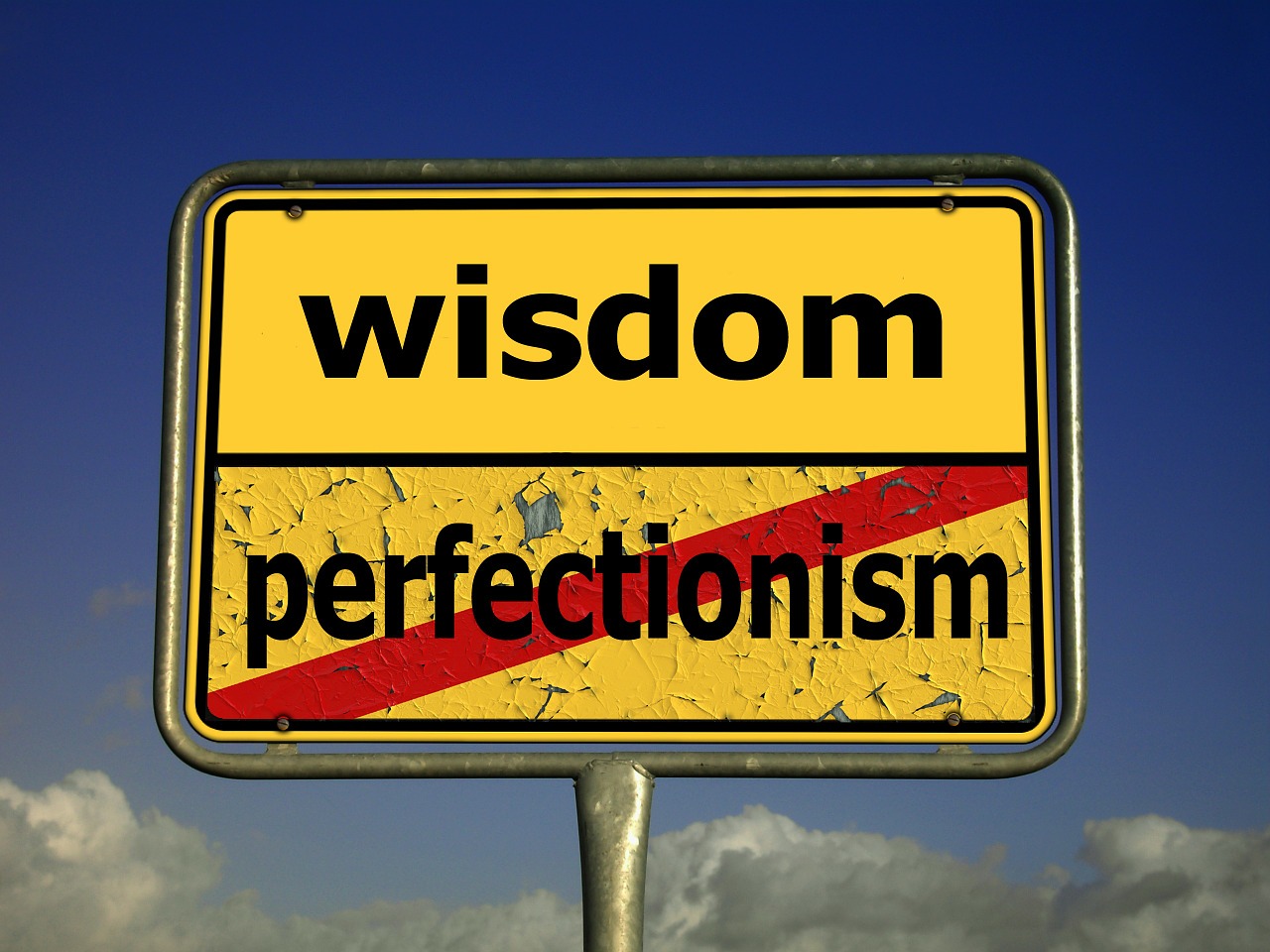
What do you do when you feel intense upset, anxiety, anger, or despair? Many of us want to get rid of the unpleasant emotions as soon as possible because unpleasant emotions are, well, unpleasant. We may look for a quick fix that helps turn down the volume on the unpleasantness or distracts us entirely. Hello, ice cream, beer, shopping, TV, social media. Some of us handle painful emotions a little differently and may find ourselves fusing with them, ruminating, and getting lost in the thoughts that go along with the intense feelings. Sound familiar? Yep, me, too. What if I suggested to you that, instead of pushing unpleasant emotions away or obsessively ruminating about them, you try inviting these emotions in and offering them a cup of tea?
Ummm, Dr. Jen, that sounds a little crazy…
I know, I know, but go with me for a moment! In the psychology world, we have a helpful axiom: “What we resist persists.” Another way to think about this is that when we try to push an unpleasant thought or emotion away, it tends to push back. Try a little experiment with me. Push one hand against your other hand as hard as you can and notice what happens in your body. Right now, you’re probably noticing the muscles in your shoulders, chest, and upper arms working hard and feeling tense. Now release your hands and notice what happens in your body. Do you feel the muscles softening and the tension dissipating? A similar process can happen when we try to push away unpleasant emotions. We tend to expend a lot of emotional and even physical energy trying to push them away. What’s worse is that the painful emotions and upsetting thoughts often push back, so we may be inadvertently making them stronger. Similarly, fusing with our unpleasant thoughts and emotions by obsessively ruminating about them also sustains painful emotional and physical tension and thereby reinforces it. Ack! That’s not good!
So, what would happen if we allowed our emotions unpleasant emotions to just be there, without pushing them away, fusing with them, or judging them? What would happen if we offered a soothing cup of tea to our own anger, sadness, hurt, or fear? What would it be like to meditate on our own uncomfortable emotions? This often feels counterintuitive to us. Why would we want to let difficult emotions be there? Two reasons:
- Allowing our difficult emotions emotions gives us a chance to meet them with compassion, which is a much healthier way of responding to them. Want to learn about the healthfulness of self-compassion? You’re in luck! I wrote a blog about that last year, which you can read here.
- Allowing our difficult emotions gives us the chance to tune into any wisdom that the emotions might carry with them. Think about it. We’re hard-wired for emotions so we actually need them. Sometimes our emotions can let us know when we need to make different choices for our own wellbeing. Sometimes our emotions need to be felt as part of our healing and recovery, as is the case with grief and healing old interpersonal hurts.
Allowing difficult emotions to be there, meditating on them, and even inviting them in for a cup of tea takes practice. For many years, I’ve offered the following poem by Rumi, a 12th century Sufi poet and Islamic scholar, as wonderful imagery to support this practice:
The Guest House
—by Jelaluddin Rumi, translation by Coleman Barks
This being human is a guest house.
Every morning a new arrival.
A joy, a depression, a meanness,
some momentary awareness comes
As an unexpected visitor.
Welcome and entertain them all!
Even if they’re a crowd of sorrows,
who violently sweep your house
empty of its furniture,
still treat each guest honorably.
He may be clearing you out
for some new delight.
The dark thought, the shame, the malice,
meet them at the door laughing,
and invite them in.
Be grateful for whoever comes,
because each has been sent
as a guide from beyond.
An insightful student in one of my recent mindfulness classes sent me a beautiful prayer that also speaks to this practice of embracing difficult emotions and experiences:
The Welcoming Prayer
—by Father Thomas Keating
Welcome, welcome, welcome.
I welcome everything that comes to me today
because I know it’s for my healing.
I welcome all thoughts, feelings, emotions, persons,
situations, and conditions.
I let go of my desire for power and control.
I let go of my desire for affection, esteem,
approval and pleasure.
I let go of my desire for survival and security.
I let go of my desire to change any situation,
condition, person or myself.
I open to the love and presence of God and
God’s action within. Amen.

This practice of softening around our difficult emotions and inviting them for tea is not easy but it offers the chance to reap many benefits, including wisdom, equanimity, and release of tensions. Allowing emotions is also part of being mindful. If it feels too challenging to do this work on your own, you may want to seek out the support of a professional (hi there) who can offer guidance in exploring safe ways to make peace with your own emotions.
Wishing you peace, wellness, and joy,
Dr. Jen
P.S. Are you plagued by worries? You can practice welcoming those in, too, and make peace with them by using cognitive defusion techniques. Check out my blog on that topic here.



